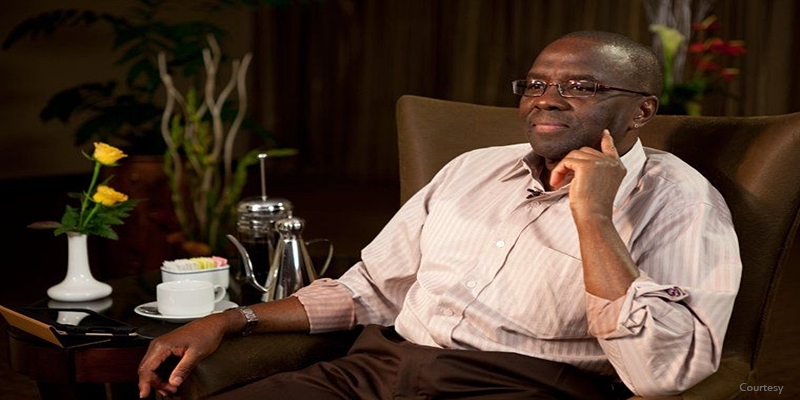Will the Coming Kenyan Chief Justice Decolonise the Judiciary?

When reformer Chief Justice Ndugu Willy M. Mutunga (PhD) took the reins of Kenya’s Judiciary, as its first president, he ushered in many reforms. His was radical changes saw some time-honoured colonial carryovers being demolished. For example, white periwigs were abolished and replaced with the Kenyan dress code.
When Mutunga left office, wigs and robes made a comeback when his successor, David Maraga, came in. After Maraga’s exit, should Kenya expect the decolonisation of the Judiciary by the new CJ or maintaining of the status quo? The new CJ must radically decolonise the Judiciary. Why should an African country import or fabricate wigs for its magistrates and judges without underscoring the fact that altering their faces destroys their identity? This is cultural imperialism.
Before Mutunga became the CJ of Kenya, lawyers with dreadlocks were not allowed to appear before the court. That is because they were viewed as improperly dressed. Thanks to the changes that Mutunga ushered in, lawyers with dreadlocks are now allowed to appear before the court without any worry. Instead of considering one’s meticulosity and profundity in law–––because of coloniality and myopia, the courts dwelt on how a person is dressed as if our dresses help us to argue our cases.
Mutunga in his academic article titled Dressing and Addressing the Kenyan Judiciary: Reflection on the History and Politics of Judicial Attire and Address (2017) notes that “the Supreme Court has continued to wear the green robes, and nobody seems bothered by that these days. The judges have added a green sash with golden embroidery, but they are not particularly happy with the robes” (p. 155).
As it seems, judges were happy with and about colonial dressing code their colonial masters handed down to them. Thus, rebelling against such backward practices, for those who still buy into them, was unacceptable. Thus, when Mutunga left office, the judiciary was sent back to where it used to be before. How can educated people fail to see such obvious things? Every society has its dress code that needs to be respected and upheld especially when conducting the business of its judiciary.
Without decolonising the judiciary, justice, too, will be colonized hence fail to competently accommodate and serve the interests of the people. Actually, this is one of the reasons why, in many African countries, people have never enjoyed or gotten justice.
Kenyans, just like any other Africans, need a decolonised judiciary system whose practices and standards are grounded in Kenyan morals and mores. Simply put, the Kenyan judiciary and those serving in it need to look like Kenyans but not otherwise. Everything needs to fall in place as far as Kenyan traditions and values are concerned.
In a nutshell, just like other arms of the government in Kenya and other African countries, the Judiciary needs to be decolonised to see to it that it reflects on and resonates with the citizens. Colonial dregs that still haunt our Judiciaries. Kenya’s coming CJ must appreciate the decolonisation of the Judiciary. There must be clear blueprint stipulating decolonisation as one of the things the new CJ has to practically and swiftly accomplish.
By Nkwazi Mhango.
Mhango is a lifetime member of the Writers' Alliance of Newfoundland and Labrador (WANL) and author of over 20 books among which are Africa Reunite or Perish, 'Is It Global War on Terrorism' or Global War over Terra Africana? How Africa Developed Europe and contributed many chapters in scholarly works.
